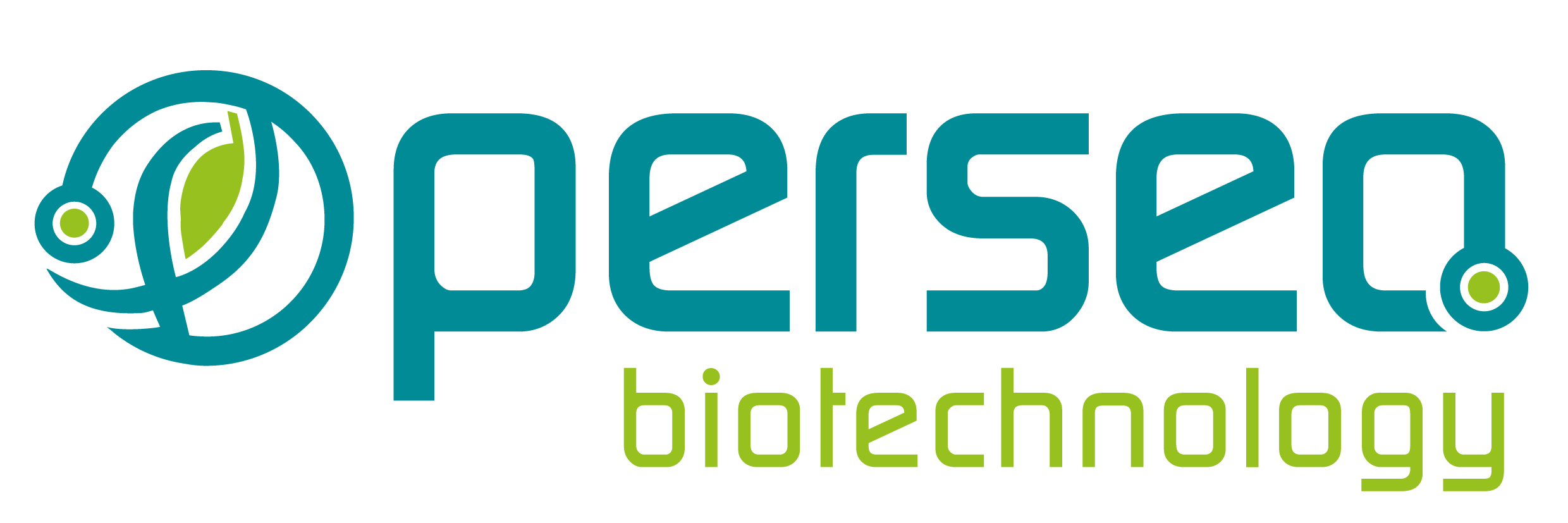ZEPPELIN Project

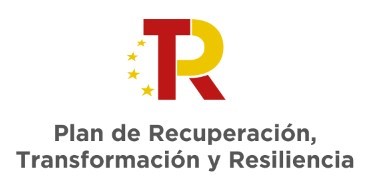
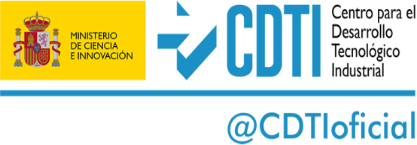
ZEPPELIN project aims to investigate a flexible set of technologies for the production and storage of green hydrogen based on the utilization of waste and by-products, seeking to significantly improve the costs and efficiency of this energy vector's production. In this way, the project addresses various technological challenges related to biogas and bioethanol reforming, dark fermentation (DF), microbial electrolysis (ME), gasification, and H2 storage, establishing new models for obtaining green H2 that complement electrolysis with renewable energies. These models are integrated into a decarbonized energy model based on Circular Economy principles and digitalization, in a scenario of increased water stress caused by climate change-related phenomena.
This initiative is driven by a consortium of eight companies led by Aqualia, together with Norvento Enerxía, Naturgy, Perseo Biotechnology, Repsol, Redexis, Reganosa, and Técnicas Reunidas. They embark on a project that will last for 38 months (from November 1, 2021, to December 31, 2024).










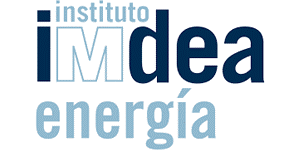
In addition, nine research organizations collaborate (CETIM, CIEMAT, EnergyLab, CIDAUT, Institute of Chemical Technology (ITQ-UPV and ITQ-CSIC), the FUNGE-UVa Foundation, IMDEA-ENERGIA, and ITMATI). These organizations possess complementary technological capabilities to carry out all the proposed research activities throughout the project.

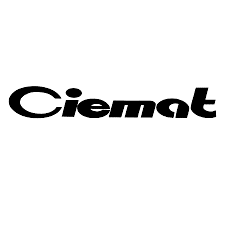
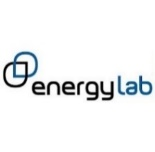
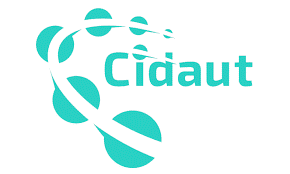
The ZEPPELIN project has a total budget of €7,108,584 and receives €4,239,725.90 in funding. It has been subsidized by the Center for Industrial Technological Development (CDTI) within the framework of the 2021 call for the SCIENCE AND INNOVATION MISSIONS Program (Recovery, Transformation, and Resilience Plan), with the support of the Ministry of Science and Innovation. The project funding is provided by the European Union through the Next Generation EU Fund. This program finances pre-competitive research projects in cooperation, led by companies, with the following objectives:
- Conduct relevant research that proposes solutions to cross-cutting and strategic challenges for Spanish society.
- Improve the knowledge and technology base that supports Spanish companies' competitiveness.
- Stimulate public-private cooperation.
In this way, the ZEPPELIN project will address the challenges proposed in Mission 2: Promoting safe, efficient, and clean energy for the 21st century.
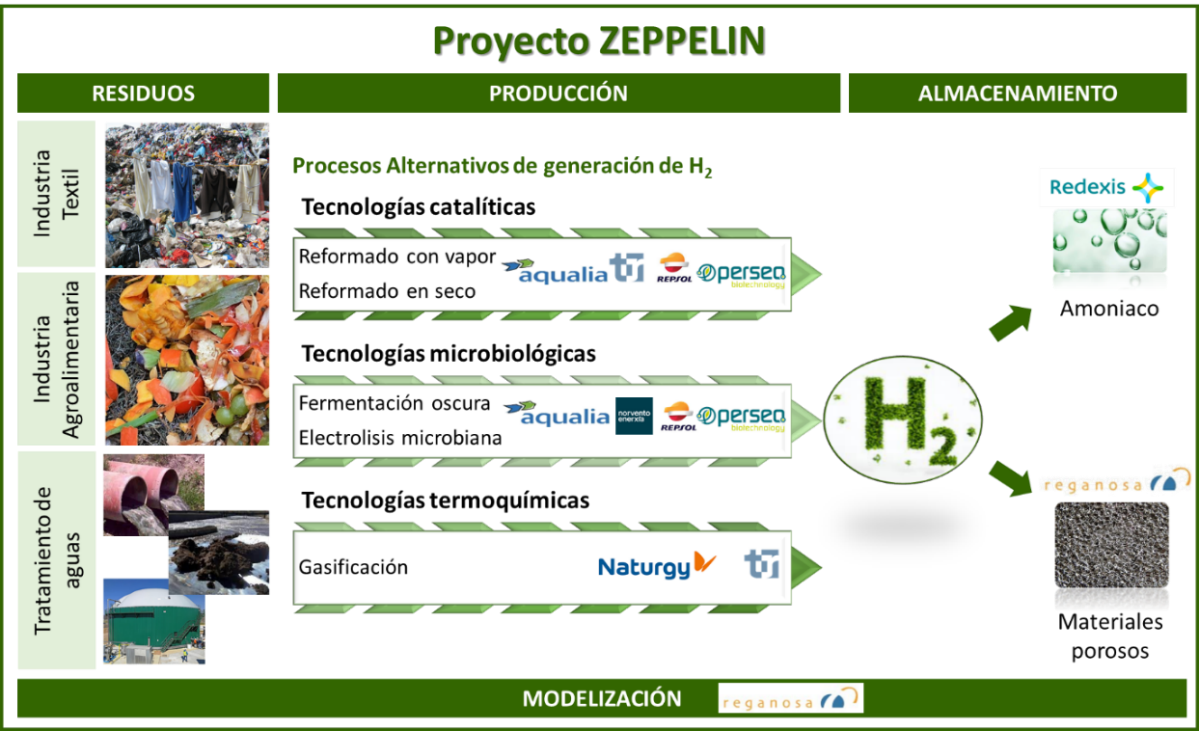
To achieve this, ZEPPELIN is structured into 5 complementary research activities that address each of the project's technologies and their integration into different proof of concept tests:
Activity 1 proposes research and optimization of H2 production through catalytic techniques.. It investigates and optimizes the dry reforming process of biogas, including pretreatment for desulfurization and second-stage syngas valorization to maximize H2 production. Additionally, it addresses research and optimization of bioethanol production and reforming processes, as well as process improvements through reactor electrification.
Activity 2 proposes research and optimization of H2 production through thermochemical techniques. Specifically, it investigates and optimizes the dark fermentation process, microbial electrolysis, and bioH2 upgrading.
Activity 3 is focused on research and optimization of producción de H2 a partir de técnicas termoquímicas. It investigates and optimizes the gasification process from waste and H2 and Syngas separation and purification processes.
Activity 4 is focused on researching H2 storage processes. Specifically, it investigates new storage materials in the form of ammonia, new porous material storage, and thermal-energy integration in H2 storage processes
Additionally, in each of the above activities, new algorithms are proposed for modelling each of the studied processes.
Finally, Activity 5 addresses the integration and optimization of alternative hydrogen production processes. It studies the integration of new production and storage technologies, including proof of concept for the technologies investigated in ZEPPELIN. Additionally, it proposes an analysis of the potential integration of these technologies and the design of a digital optimization tool.
Coordinated by: AqualiaTotal budget: 7 108 584 €
Grant: 4 239 725 €
¿Estas interesado en nuestros proyectos?
Si estas interesado en nuestros proyectos, o simplemente quieres solicitar más información contáctenos...
